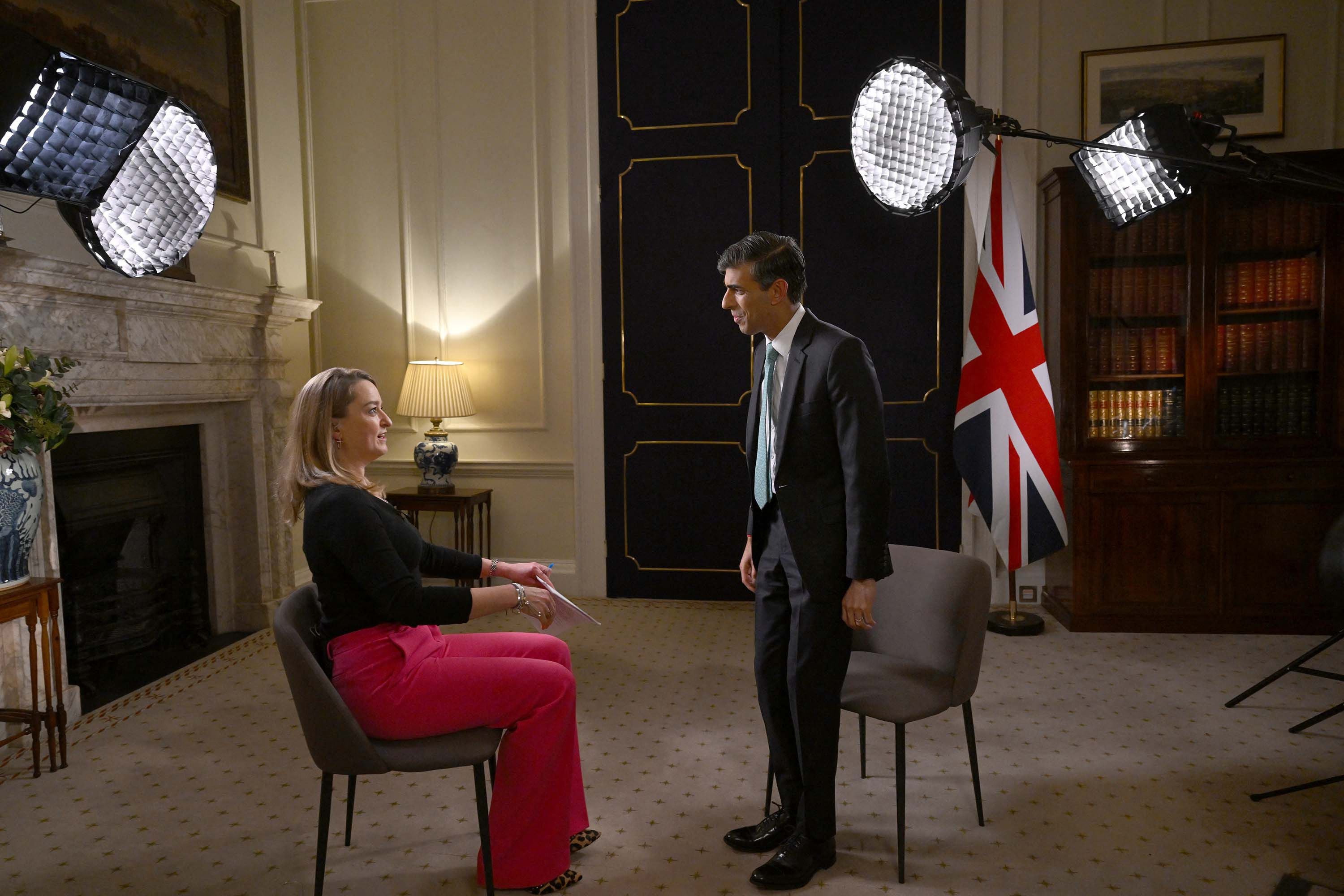It doesn’t really matter if Rishi Sunak has private healthcare
Letters to the editor: our readers share their views. Please send your letters to letters@independent.co.uk

The issue of the prime minister’s private healthcare arrangements is a total red herring. It’s being stressed by the media as a key question and is being used, yet again, for political point-scoring.
I was, in fact, surprised to learn that the prime minister does not receive private healthcare as part of his remuneration package.
In industry, it would be unusual if the chief executive, and all board members, did not receive private healthcare. In fact, it is in the company’s interest to provide this, so any health issues of its chief executive are dealt with as quickly as possible. This is normal practice in the corporate world, so I am surprised that it does not apply to the chief executive of the UK.
Why is this being turned into a political point by both the media and the opposition? Why does the prime minister not simply be honest and answer the question? His refusal to do so only leads to further mistrust.
Alan Cox (a retired company director)
Address supplied
We’ve been spared ‘Spare’
Since most of the more titillating passages have already hit the airwaves well before publication date, we are, if we so choose, spared reading Prince Harry’s book of revelations, however good his ghostwriter’s reputation is.
Whether the publishers intended the extent of this early publicity is doubtful given its possible negative effect on actual book sales, which is of little consequence to Harry, who has been paid handsomely and whose intended revelations are already out there in the public domain.
But if book sales should now falter, the publishers will not be spared writing off a rather large unearned advance. On the other hand, the blanket publicity may well have the public rushing to buy this volume regardless. It will be an interesting publishing phenomenon.
Graham Lane
London
What the NHS really needs
I retired from general practice in 2008 after nearly 40 years in the NHS. I believe the biggest problem in the NHS is government interference.
I worked through many major and some minor reorganisations; all of which were going to save money, improve patient care and solve all of the problems. Without exception, in my opinion, they did the opposite. By the time we had come to grips with the new legislation while dealing with the day to day work, any potential benefits had been lost.
To get back to a more efficient service, there are things the NHS needs. We cannot get a Rolls-Royce service on Mini money. Governments tend to overpromise and cannot satisfy demand.
We need to regain trust, particularly in primary care. In the golden age of the NHS, you knew who your GP was, you trusted your local practice to provide excellent care and went to them rather than A&E. Compared to hospital care, we were very economic.
Boris Johnson got one thing right and that was we need many more GPs. We need to keep patients in their own homes as long as possible, and practice and district nursing needs to be expanded, leaving the hospitals to do what they do best; surgery, major trauma, complex medical problems and education.
Rob Alliott
Cambridge
A transatlantic parallel
I have a question for Kevin McCarthy which pertains to our own bronze medallist prime minister in the UK. Rishi Sunak also handed his political soul, his principles and backbone to the right wing for a moment in the spotlight, without thought for the good of the country.
Could the US Republicans and UK Conservatives jointly rename their parties The Invertebrates?
Amanda Baker
Edinburgh






Join our commenting forum
Join thought-provoking conversations, follow other Independent readers and see their replies
0Comments